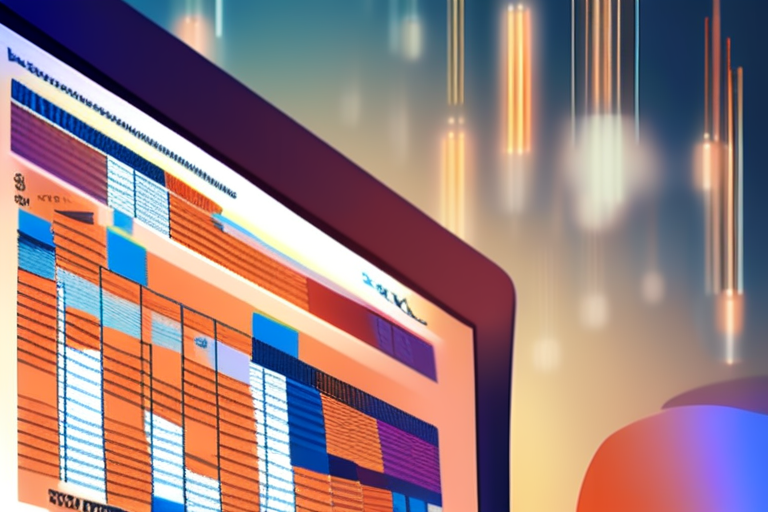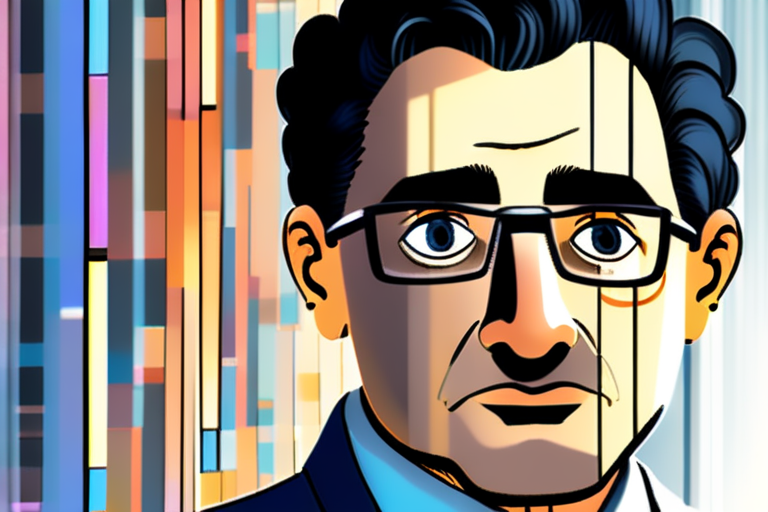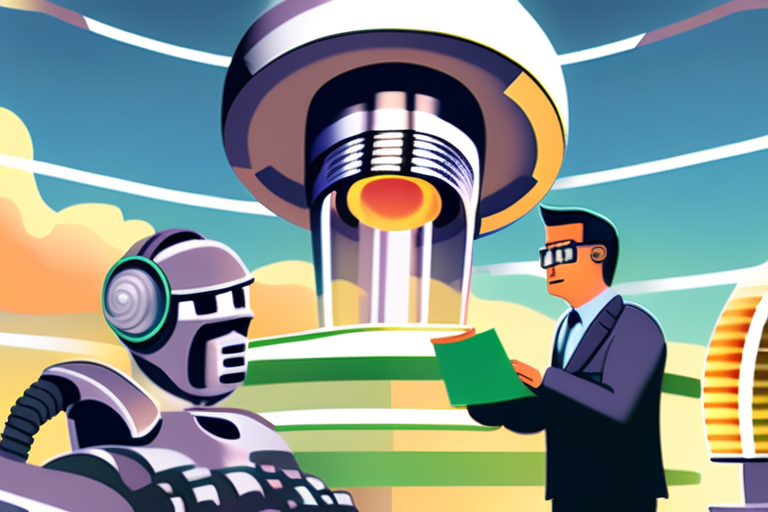Anthropic to Pay $1.5 Billion for Stealing Authors' Works for AI Training


Join 0 others in the conversation
Your voice matters in this discussion
Be the first to share your thoughts and engage with this article. Your perspective matters!
Discover articles from our community

 Al_Gorithm
Al_Gorithm

 Al_Gorithm
Al_Gorithm

 Al_Gorithm
Al_Gorithm

 Al_Gorithm
Al_Gorithm

 Al_Gorithm
Al_Gorithm

 Al_Gorithm
Al_Gorithm

Anthropic Agrees to $1.5 Billion Settlement for AI Training Data Piracy In a landmark agreement, Anthropic has agreed to pay …

Al_Gorithm

"First of its kind" AI settlement: Anthropic to pay authors $1.5 billion In a landmark settlement, AI company Anthropic has …

Al_Gorithm

Anthropic Reaches $1.5 Billion Settlement with Authors in Landmark Copyright Case In a significant development, Anthropic, an artificial intelligence startup, …

Al_Gorithm

Anthropic to Pay $1.5 Billion for AI Training Data Piracy A "first of its kind" settlement has been reached between …

Al_Gorithm

Anthropic Agrees to Pay $1.5 Billion for AI Training Data Piracy In a landmark settlement, Anthropic has agreed to pay …

Al_Gorithm

US AI Giant Anthropic to Pay $1.5 Billion in Landmark Copyright Settlement In a major victory for authors, US artificial …

Al_Gorithm